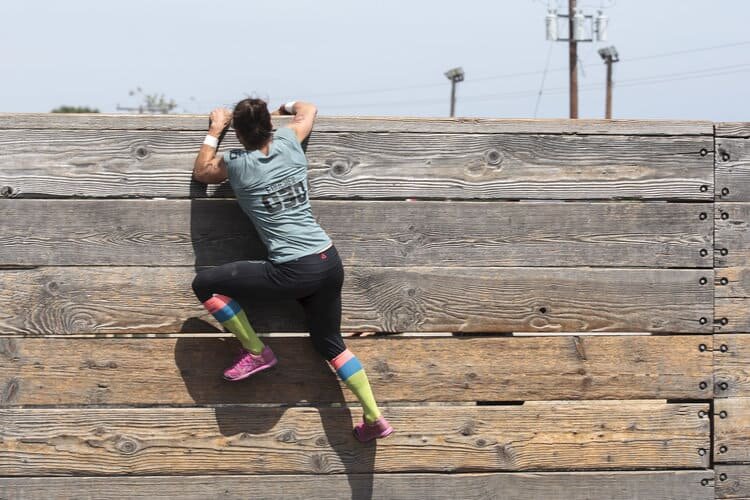When you first hear about the technique behind mindfulness meditation it sounds really simple: focus on an object like your breath and when your mind wanders observe where it's gone and gently bring your attention back to the object.
Easy peasy. Well I guess it’s the same as trying to lose weight. Simply stop putting too much stuff in your mouth.
Of course, if it was so easy we would all be healthy svelte yogis.
The truth is that a formal practice of meditation takes grit and determination - a lot like losing weight! It can be a hard habit to establish.
So lets have a look at what can get in the way. These obstacles are nothing new, they commonplace and have existed for thousands of years. It's not just you, believe it or not!
Doubt. This is all about uncertainty - whether meditation is really for you, if you'll be able to do it, and if it will “work”. Perhaps you are the one person in the whole wide world who just can’t meditate. Maybe mindfulness it’s just another passing fad, it does sound a little cultish doesn't it? To look closely at things before we buy and to be curious and questioning can be very healthy. But if doubt takes us away from an experience before it even has a chance to teach us anything, that's not so healthy.
Consider this. If you have a body and you can breathe, and you can sometimes pay attention - then you can meditate. We have to remember that thoughts are just thoughts; they’re not facts (even the ones that say they are). When we notice this doubt slipping in, just take note of it, perhaps even notice the fear that is often underneath it, and then gently return back to the practice.
Restlessness. Yes it’s hard to sit still when the mind is so busy. It may rebel while learning how “to be.” You might catch it running through a million to-do lists and counting the minutes until the end of the practice. This is all completely natural.
Consider this. Restlessness and boredom are just sensations like any other. If you look deeply at restlessness or boredom, underneath it is often some form of anxiety or fear. You don’t have to do anything about it; just naming it and getting curious about the sensation of restlessness itself, can reduce its impact. You could try getting curious about the sensation of restlessness itself.
Irritation: Irritation comes up for many reasons. Maybe you don’t feel like you’re having a good meditation experience, there’s an annoying noise in the room or it’s a secondary emotion that comes after feeling restless. In other words, we’re irritated that we’re restless.
Consider this. Remember “what we resist persists.” The work here is to include the irritation as part of the mindful experience. “It is what it is, while it is.” Our work is to recognise the irritation, allow it to be there and watch as it naturally comes and goes.
Sleepiness. We are a sleep-deprived nation so when we stop and sit down to meditate our body does what it naturally wants to do - rest. We can also feel sleepy when an experience is overwhelming so it’s good to be curious whether the tiredness is telling you that you need more rest or that there’s a feeling that needs to be expressed.
Consider this. If you fall asleep when meditating, a good nap may be exactly what you need. However, if this is happening often you might try sitting in a more upright posture, standing up, doing some mindful movements, having your eyes slightly open or maybe splashing some water on your face before starting. Be curious.
Wanting. Maybe you find yourself wanting to be somewhere else - anywhere other than where you are. Or maybe it’s even more innocent like just wanting to go get something to eat. Or your mind wants the conditions to be perfect (but it's never perfect), so you don’t even get to practice.
Consider this. If you notice this state of mind before you practice, you might consider doing a walking meditation or a mindful movement practice like yoga. If the mind is busy wanting to be somewhere else during your practice, be easy on yourself, simply continuing to notice and naming the desire and wanting, and gently bringing your attention back.
Having a regular meditation practice seems so simple, but practice isn’t always easy. We have our brains to contend with. Just being on the lookout for these obstacles and apply the antidotes as best you can would be an extremely beneficial practice in itself.
REMEMBER to be gentle and forgiving - you can always begin again.



